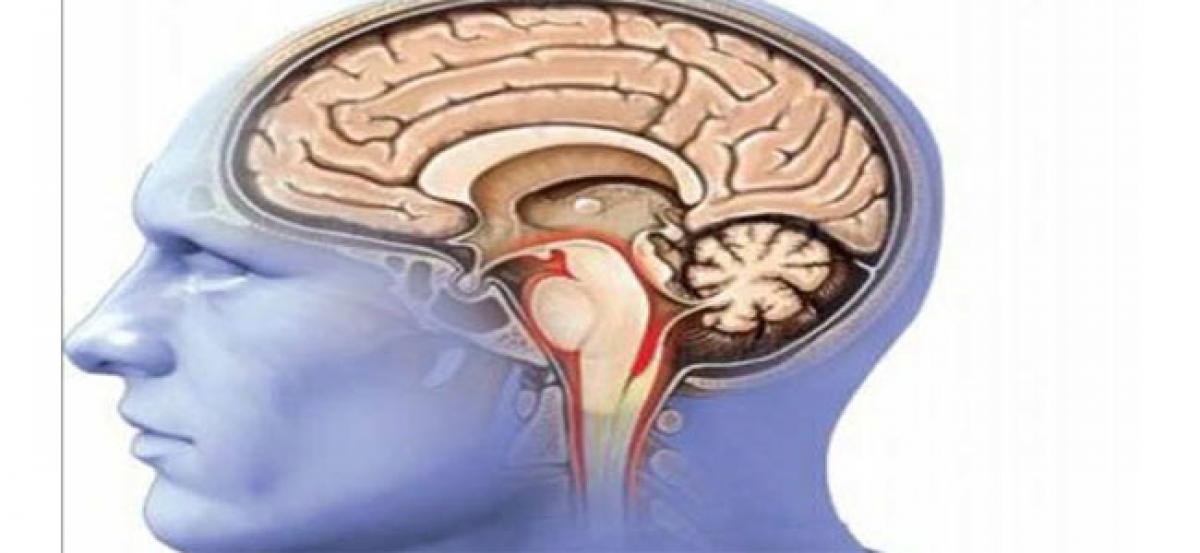Socialising boosts wellbeing in dementia patients

Just ten minutes of meaningful social interaction can improve wellbeing in dementia patients, a study has found The average person with dementia in a care home experiences just two minutes of social interaction each day
London : Just ten minutes of meaningful social interaction can improve wellbeing in dementia patients, a study has found. The average person with dementia in a care home experiences just two minutes of social interaction each day. Researchers also showed that out of 170 available training programmes for nursing home staff, only three are evidence-based - none of which improve quality of life.
An e-learning programme that trains care home staff to engage in meaningful social interaction with people who have dementia improves wellbeing and has sustained benefits, they found. The Wellbeing and Health for people with Dementia (WHELD) programme trained care home staff to increase social interaction from two minutes a day to ten, combined with a programme of personalised care. It involves simple measures such as talking to residents about their interests and involving them in decisions around their care.
The study, conducted by the University of Exeter and King's College London in the UK involved 280 residents and care staff in 24 care homes over nine months. Careers took part in an e-learning programme with key modules based on the WHELD training, with or without Skype supervision. They compared outcomes to usual care. Both treatment arms improved resident wellbeing and staff attitudes to person-centred care.
The Skype supported arm continued to deliver improved resident wellbeing four months after the trial was completed. "Care home staff are under a lot of pressure - it's a really tough job. It's a challenging environment for both residents living with dementia and staff," said Joanne McDermid, from King's College London. "Our programme moved care staff to see dementia through the eyes of those who are living it. We found a simple approach, delivered as e-learning, improves staff attitudes to care and residents' wellbeing, ultimately improving lives for people with dementia," said McDermid.
"In a traditionally task-focused work environment, our programme reminds us of the human side; of the full life experience of those living with dementia in care," she said. "Just take a moment to imagine life with just two minutes of social interaction each day. To accept this is discrimination against people with dementia. We urgently need to do better. Most care home training programmes are not evidence-based," said Clive Ballard, of the University of Exeter, who led the research.














